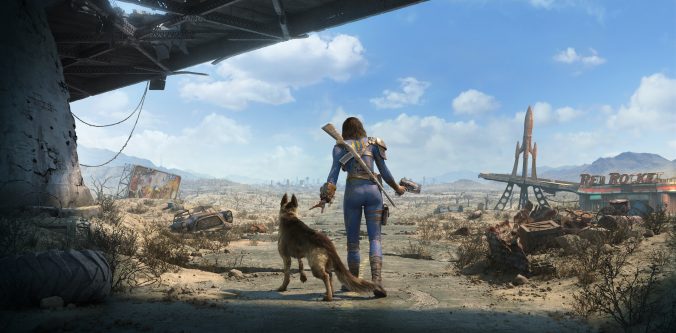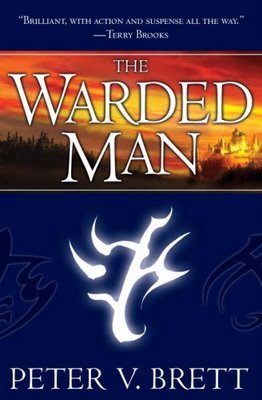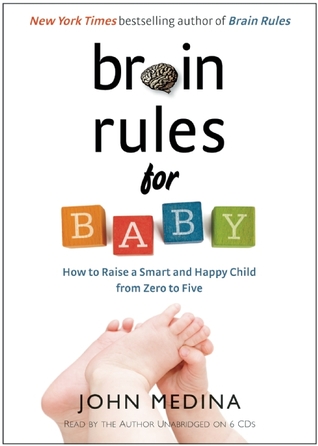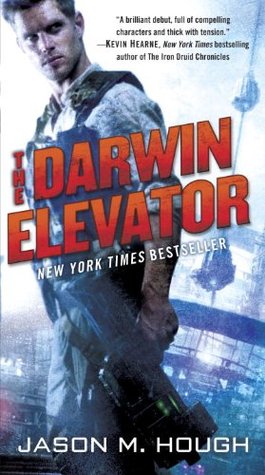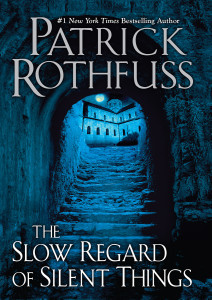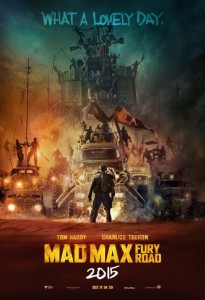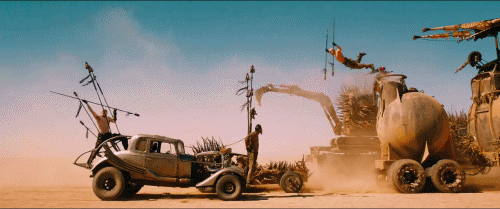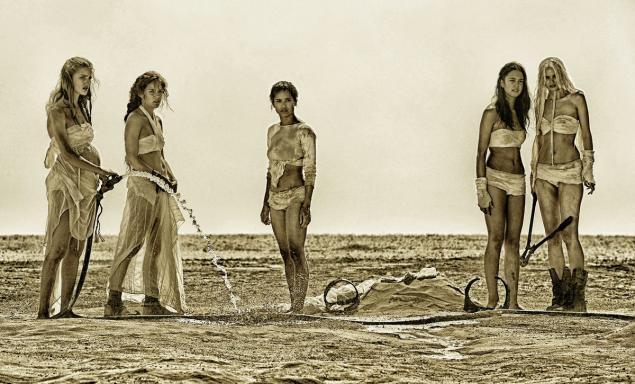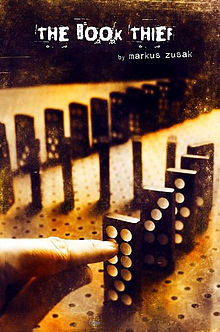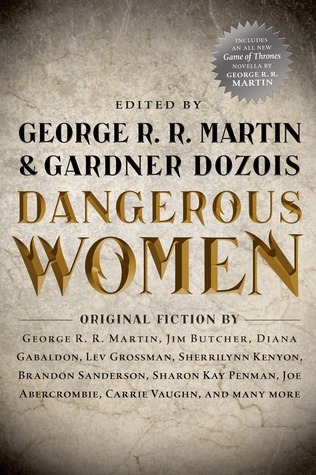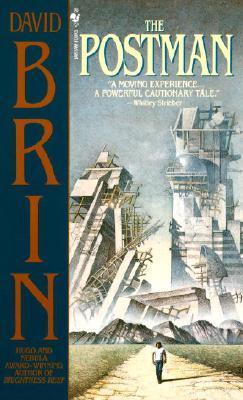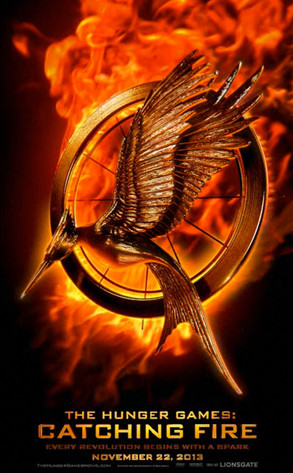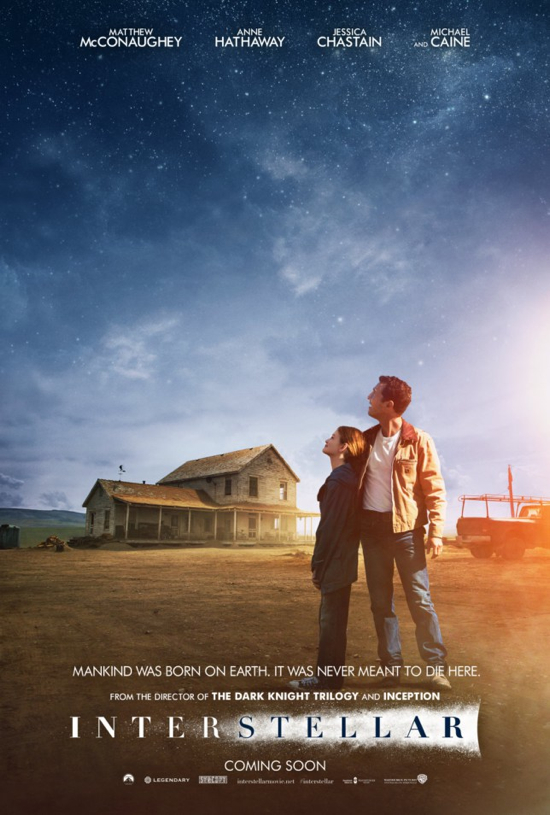It has been a long time since I enjoyed a video game as much as I am enjoying Fallout 4. To give some perspective, after my first playthrough I immediately started over, and am enjoying it even more the second time, playing on the hardest difficulty level, using a very different type of character. I have been playing the game since shortly after the New Year and am not getting tired of it.
Now, I hesitate to do this because I know that a person describing what happened to them in a video game can be about as interesting as a person telling you about a weird dream they had, but early on in my second playthrough, I had an experience that may help to explain the game and why I enjoy it so much.
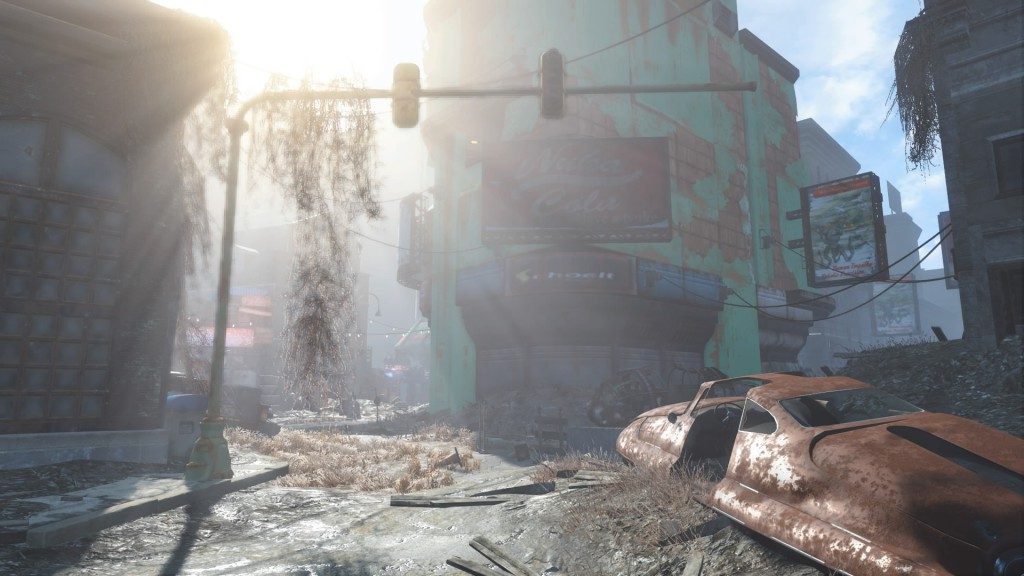
The premise of the game is that you are the survivor of a nuclear war, woken up after a couple hundred years of suspended animation in a protective bunker in Lexington, just outside of Boston. One of the first things you do after emerging into the post-apocalyptic wasteland is travel to Concord (passing the famous minuteman statue along the way), where you rescue a small group of survivors from Raiders: drug-addled scavengers who prey on the weak. The survivors have holed up in the Museum of Freedom in Concord. After helping them fend off the raiders, you discover a suit of power armor and a minigun in a military helicopter that crashed into the roof of the Museum. It’s a good thing too, because just as you clear out the raiders, a Deathclaw emerges from a caved-in sewer main. A Deathclaw’s name is pretty self explanatory. It’s one of the most dangerous enemies in the game, and Fallout 4 makes you face one right at the beginning.
So far this is all according to the script. This happens in every game. But this is where things went off the rails for me. You see, on this second playthrough, I decided to try the hardest difficulty level, Survival Mode, which among other things makes enemies more dangerous and makes your player character susceptible to illness, hunger, thirst, and exhaustion. It also only allows you to save the game by sleeping in a bed. There’s no bed in the Museum of Freedom. My character was hungry, thirsty, and wounded, and I was not about to lose all my hard work by facing the Deathclaw without saving.
I needed to go back to my home base to rest up and save my game, but power armor runs on nuclear batteries, and running all the way back to my base would wear out the batteries before I even faced the Deathclaw. I needed functional armor to fight the monster and I had to leave my armor in Concord. Without the armor, I was not strong enough to carry the heavy minigun with me along with all my other gear, so I had to leave that behind too. I snuck out of town and back to my base where I rested (and saved), ate some food, rehydrated, and prepared for the fight. Then I snuck back into Concord, avoiding the Deathclaw until I got back to my power armor. The armor was where I left it, but the minigun was nowhere to be seen. Did someone steal it while I was gone? Did the game glitch and delete the item when I got too far away? I don’t know, but I had no way of defeating the Deathclaw without it. (I tried. It didn’t go well. Remember, this is the very beginning of the game. My guns might as well have been pea shooters for all the good they did. I needed the firepower.)
So I had to run away, leaving my new friends still stranded in the museum with an angry Deathclaw at the door. I set out randomly, hoping to return later in the game when I was stronger so I could kill the thing. Then I came across an abandoned Air Force base. The compound attached to it had been taken over by Raiders, but luckily there was a mattress in a shack nearby, so I was able to rest there for a few hours and save my game.
I infiltrated the base and was promptly mowed down by a raider with a minigun. Suddenly it became my sole purpose to take out the raiders in this base, get the minigun, and drag it back to my power armor so I could finish the job in Concord. Long story short, after many, many (many) attempts, I succeeded. I got the big gun, killed the deathclaw, and was able to rescue my friends and get back on track.
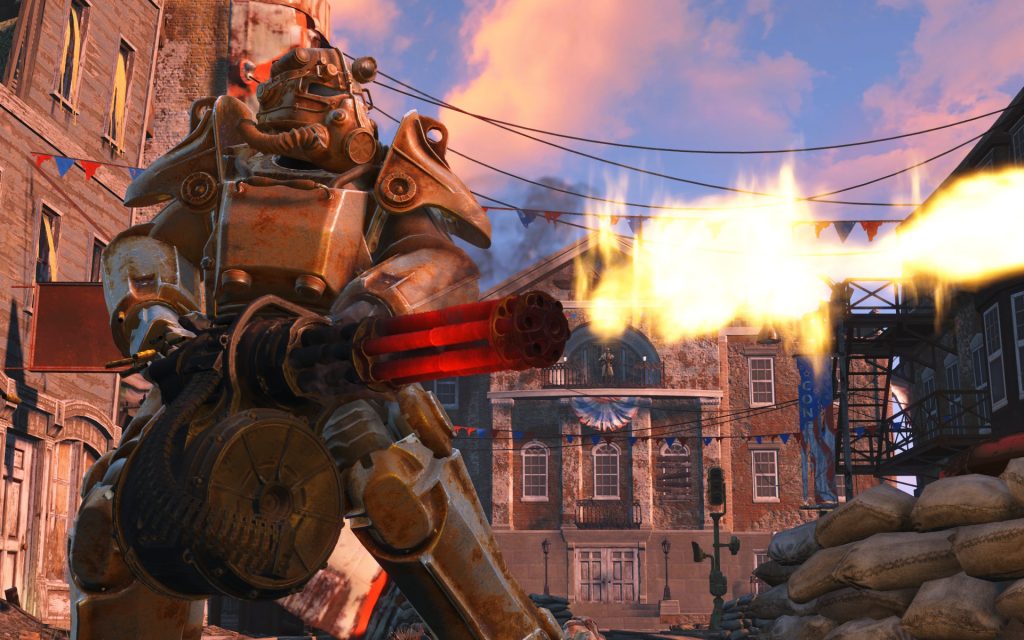
Ok, cool. That was probably more fun for me to relate than it was for you to read, but here’s the point I was trying to make: the strength of Fallout 4 is not its main story (which is so-so), but the smaller stories that emerge organically from exploring the huge world of the game.
Normally, I say that I want my video games to have a strong main story line. And that’s still true: I think video games are an amazing storytelling medium that almost always fail to live up to their potential because they treat writing as an afterthought. But I have to admit, Fallout 4 has me reconsidering slightly. I diligently followed the main story line on my first playthrough, and it was ok. A so-so sci-fi story that forces you to choose sides among several different factions, with some good moral ambiguity thrown in. But for this second playthrough I am ignoring the main plot for as long as I can, and it is making me appreciate the smaller scale stories that the game tells.
These small scale stories come in three flavors. The first kind of stories are the emergent stories like the one I told above. It is the hallmark of a great video game when, on top of all the more formal objectives the game sets for the player, it provides fertile ground and sufficient freedom for the player can create their own objectives, and then strive to achieve them. This is a large part of why the Civilization games are so addictive, and for me at least, Fallout 4 has achieved this as well.
I once heard a presentation about story telling in science communication, and it used a definition of story that has stuck with me. It defined a story as:
- A sympathetic or interesting character
- Experiences setbacks
- As they try to achieve a goal
The emergent stories in Fallout 4 are extremely engaging because that character is you. And the goal is one that you set for yourself. Some of my most memorable experiences have been simple things like when I determined to reach a certain location on the map through unexplored territory, or when I tried to move all of my suits of power armor from different locations on the map to my main base, or when I was heading to a settlement that needed my help and I suddenly came the remains of an an airplane crash.
The second kind of small scale story in Fallout 4 is the location-specific story. There are hundreds of “discoverable” named locations in the game, and almost all of them have their own story. These stories are often told through voice recordings or computer logs left behind by the characters, though sometimes they have their own full-blown quests to go with them.
Like much of the Fallout depiction of the apocalypse, they are often darkly humorous, like the high school that, in a bid for more funding, agreed to serve experimental pink goo in the cafeteria, turning the students and staff into pink zombies. Or the robot manufacturing plant that has robots that have survived since the pre-apocalyptic era, still marching around the premises shouting at trespassers about the communist menace. But sometimes they are genuinely poignant, or add an unexpected depth to otherwise disposable bad guys. There’s one location where you find the remains of a family who got trapped in their fallout shelter. You can see where they tried, and failed, to tunnel out. In another location, you find the journal entries of an idealistic settler who founded a new settlement. The entries reveal how, little by little, they were forced to become a ruthless raider to survive.
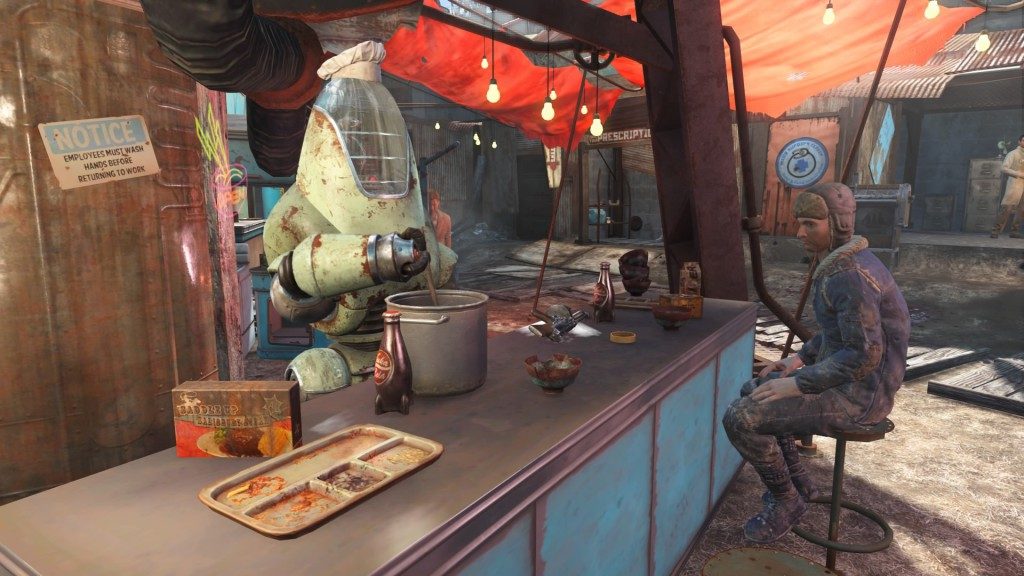
The third kind of small-scale story is the story told by the setting itself. I have come to realize that this is a type of storytelling that videogames excel in, and that even movies and TV can’t fully achieve because it requires control of what you’re viewing and the ability to explore the environment. The ambiance of a game: the music, the scenery, the bit characters, the little details, can come together to make it an immersive experience that seems to tell the player a story just by being in the setting. This was why I thought Red Dead Redemption was such a good western despite its many flaws. It makes just being in the game world feel like reading one of those thick novels that fully draws you in that you don’t want to end. On par with Shogun, or Lord of the Rings, or Dune.
The wasteland of Fallout 4 is rich with details that make it feel authentic and lived-in. The game designers understand that the physical objects in our lives, in our homes, are a window into who we are. They have mastered the art of telling a story just by the things people have left behind, or the attempts that people have made to live in the remains of civilization.
Stumbling through the forest, you come across a clearing. There’s a fire pit, a couple of sleeping bags, and a crate with some beers in it. Maybe even some meat on a spit over the fire.
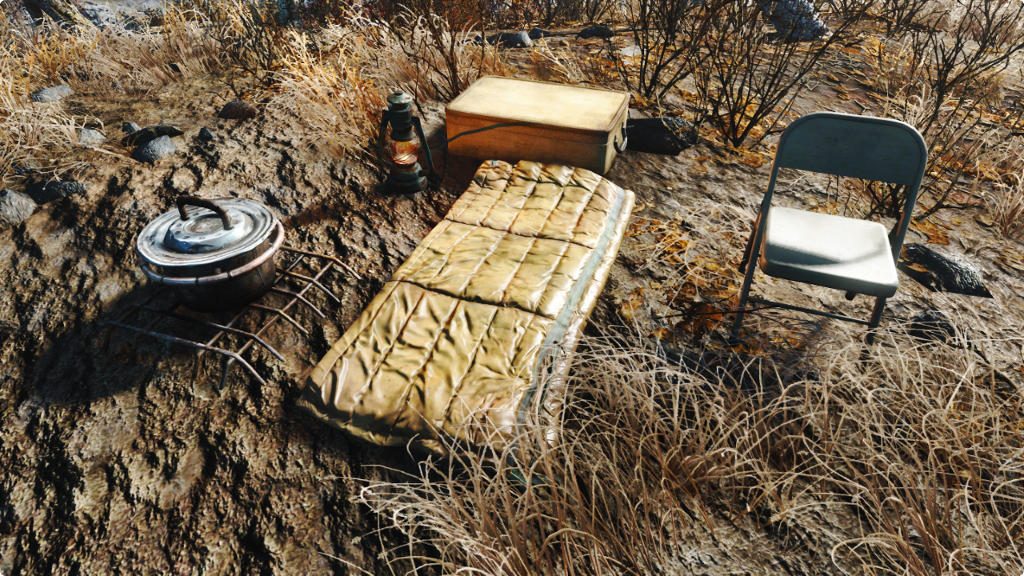
In an alley between two crumbling buildings, you find a surprisingly cozy little living space that has clearly been used recently. There’s a teddy bear on one of the beds and rocket ship drapes stretched over a gap in the shack wall. A family lives here, in the midst of the destruction.
Skeletons in particular are an art form all their own in Fallout 4. So much so that there are multiple listicles about the various bizarre stories they tell. For example, here’s a skeleton who appears to have died with his favorite teddy bear while eating milk and cereal.
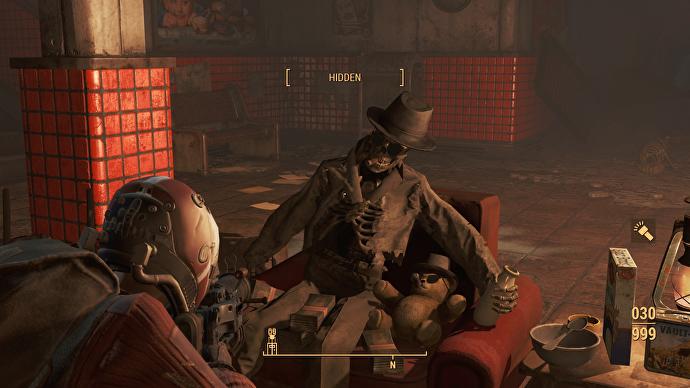
All of these three types of small-scale stories add up to give the world of Fallout 4 far more “texture” and a feeling of being a real place than previous Fallouts. This is also thanks to the considerably better graphics. Countless times while exploring the wasteland, I’ve paused to just take in the beauty. It’s a special kind of achievement to be able to design an apocalyptic wasteland that is visually stunning under any weather conditions or time of day.
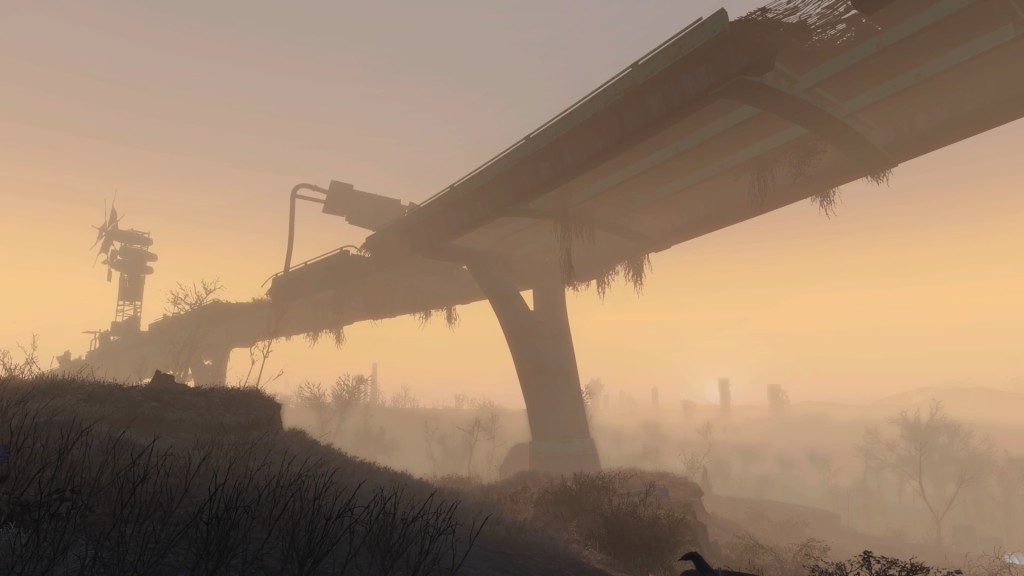
The setting of Fallout 4 also holds a special place in my heart. I spent the summer of 2004 in the Boston area. It was a magical summer: I was working at the Harvard-Smithsonian Center for Astrophysics, my fellow interns were interesting and wonderful people, and it was a thrill just to walk the halls of Harvard and MIT, to play ultimate frisbee in the evening in the Harvard law quad, to walk along the banks of the Charles where my grandfather “lollygagged” when he was not much older than I was. It was a a real turning point in my life to discover a place where the entire culture is built around being a nerd. Where the ice cream flavors and sandwich names are bad puns based on science or geek culture.
Boston itself was wonderful too. Historic and modern, bustling and busy but small enough to explore on foot. I have been back several times for weddings, meetings, etc. It is where I would choose to live if I had to live in a major city.
It’s a very strange experience to be playing a video game and stumble across a place you’ve been to in real life, but with a post-apocalyptic veneer over it, and it’s one of the things that makes the Fallout games special. The other day while playing, I hadn’t been paying attention to exactly where I was, and I emerged from an alley to find Trinity Church on my left and the Boston Public Library on my right. I was immediately transported back to the evening when several of the other interns and I went to folk dancing lessons in front of the church and danced to misrlou. I then remembered a different visit to Boston, walking through farmers market stalls and eating ripe peaches and posing in front of the statues in the library with my friends before going to a wedding later that evening.
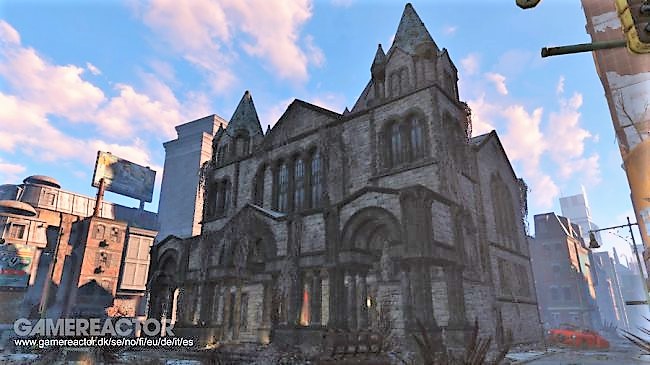

At one point I actually tried to find the in-game version of the dorm I stayed in for my internship. Alas, the game map is much smaller than the real world Boston-Cambridge area, and it didn’t have that kind of fidelity. But I found where the dorm should have been. And nearby was a decent replica of Harvard square, complete with the news stand and subway station that I grew to know and love that summer.
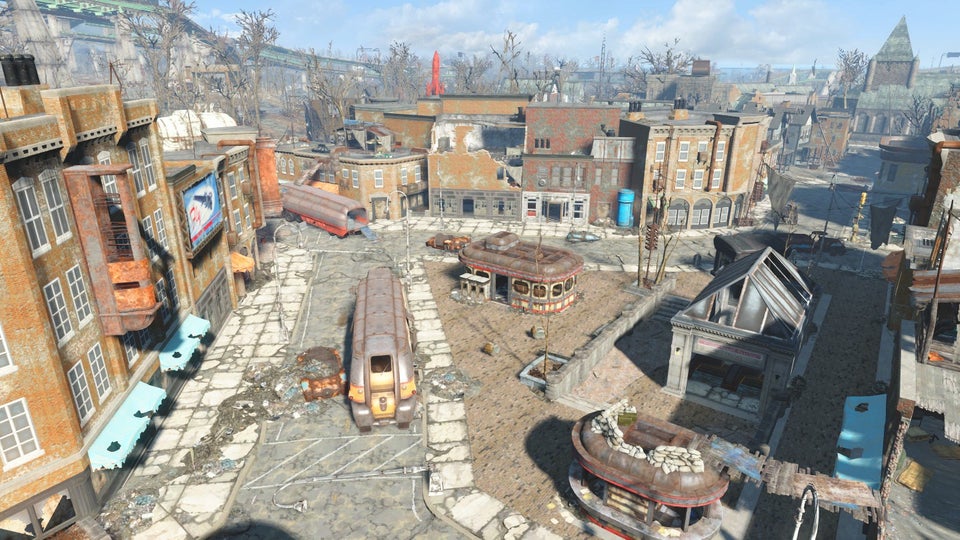
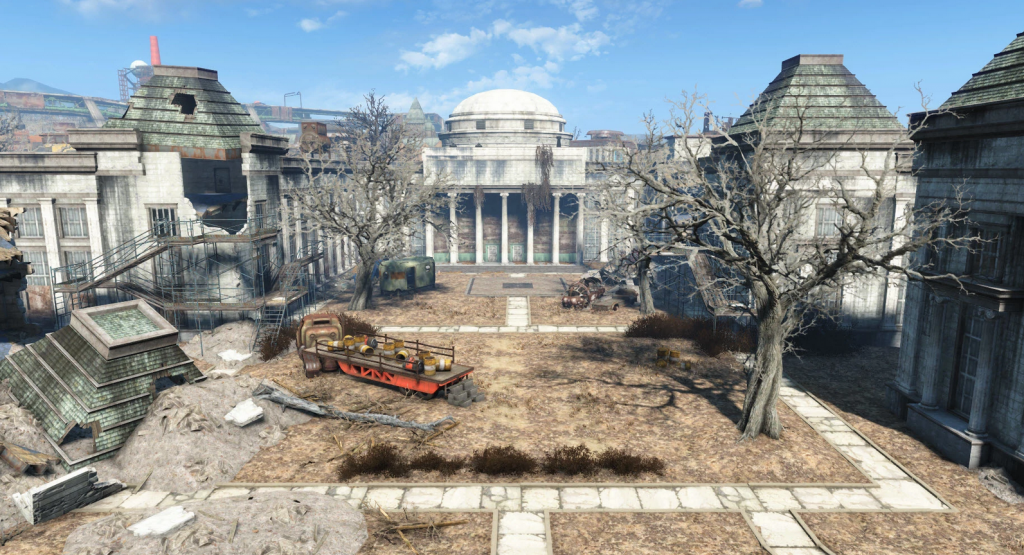
(As an aside, I find it a little disconcerting how all the modern Fallout games appear to all be set in places that are meaningful to me in some way. It’s not just Fallout 4. Fallout 3 was in the DC area, where I spent a summer in 2006, and visited multiple times before and since. Fallout: New Vegas is set in the desert southwest, not far from where I currently live. I wonder if Fallout 5 will be set in southeast Michigan, where I grew up. Or maybe in Pasadena, CA. JPL would make a great place to have overrun with robots.)
Even apart from the memories, the graphics, the ambiance, and the small-scale stories, Fallout 4 is a great game from a pure gameplay perspective. It improves upon a lot of the mechanics introduced by Fallout 3 and New Vegas, including streamlining the leveling and perk system so that you can still customize your character but it’s much simpler. Bethesda games are notorious for the ability to pick up all sorts of random junk that you find in the game world, but Fallout 4 gives that junk a purpose: you can use it to MacGuyver improvements to your weapons and armor, to create food and medicine, and as raw materials to construct settlements.
The settlements in particular are a new direction for Fallout. My first time through, I didn’t do much with them, but on my second playthrough I have really embraced the settlement building and it’s a lot of fun. One of my complaints about the Fallout universe, and post-apocalyptic fiction in general, is can seem like there’s little organized effort to rebuild society in a meaningful way. The settlements (and the “Minutemen” faction in the game, which is trying to unite them) are Fallout 4’s answer to that, giving you the chance to make little oases of safety in the wasteland, and even link them up with trade routes. They function almost as a mini SimCity type of game: you have to ensure that each settlement has enough food, water, defense, and beds for it to grow and attract more settlers. And the game designers did a great job of giving each settlement its own different design and challenges. One is centered on a structure built using the framework of a high voltage power pylon. Another is crammed into a narrow alleyway. Another is in the remains of Fort Independence.
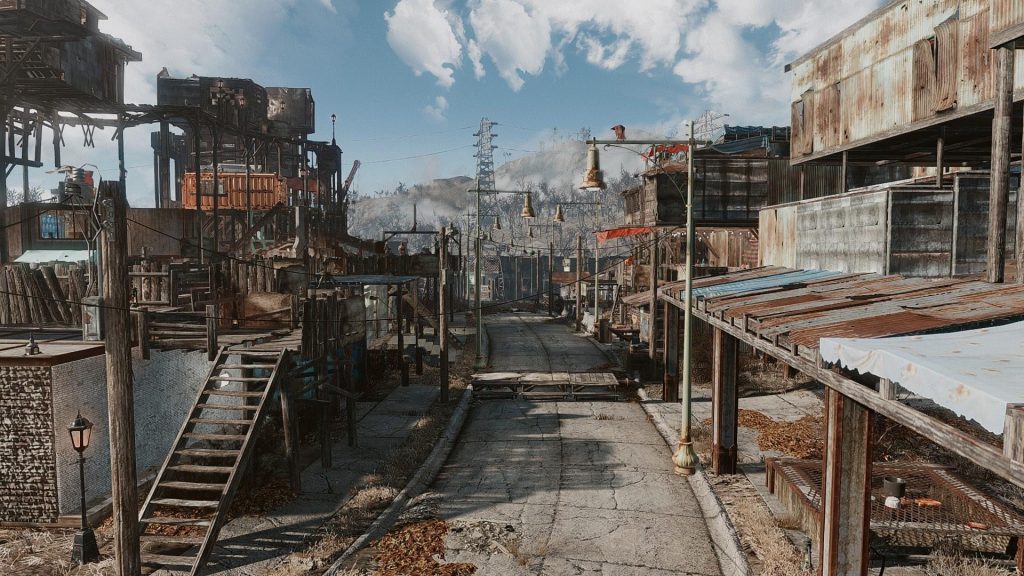
Settlement building also provides additional goals that form the seeds for those player-defined stories I talked about above. I need to build more beds, but I’m short on metal and cloth, so I set out to explore a nearby abandoned hospital overrun by ghouls. Or I need circuitry and copper wire to construct some defensive machine gun turrets, so I’m determined to reach the robot junkyard to the east, but that means I’ll need to make it through territory controlled by super mutants.
Settlements also finally succeed in something that previous Fallouts made only token gestures toward: giving the player a sense of having a home base to return to. By allowing players to construct their base, it gives a real sense of ownership and even personality to the settlements if you want it. (You can be strictly utilitarian, or go all-out with the interior decorating.) Especially on Survival difficulty, where you need to sleep in a bed to save, and you need food and water and rest to stay healthy, it is a genuine relief to return from the wasteland to the safety of your settlement and sleep in your own bed.
Survival difficulty really makes the game significantly more fun and immersive. Suddenly all of that food and drink you pick up is useful. The various drugs you can take (and get addicted to) are sometimes the only thing that will let you survive a particularly dangerous encounter. And the constant tension of needing to find a bed so you can save makes the game constantly exciting.
Another innovation that I love in Fallout 4 is the introduction of “legendary” enemies and items. Legendary enemies are like mini “bosses”. Every discoverable location has one that has claimed the location as its own, and you also sometimes encounter them randomly in the wilderness. They are much tougher than regular enemies, but in return, they always drop a legendary item: a weapon or piece of armor that has randomly assigned attributes. Some of them are really powerful. For example on my first playthrough I got a legendary gauss rifle (already the strongest gun in the game) that also set enemies on fire. And sometimes the legendary perks make absolutely no sense, like a nuclear bomb launcher that heals anyone it hits.
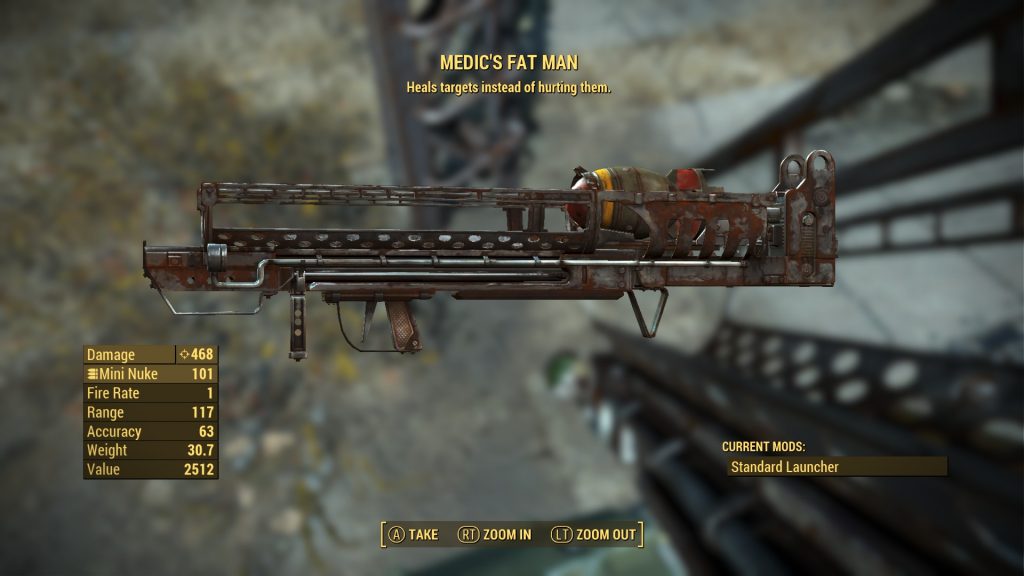
Now look, I fully understand that these random bosses are a blatant example of the use of operant conditioning to hack my brain and make the game more addictive, but I don’t care. I love them. Combined with the need to collect junk to help build settlements or craft improvements to my gear, the lure of a mini boss fight with possible powerful loot gives Fallout 4 a really fun core gameplay loop.
All of which is to say: I really like Fallout 4 a lot. It has its flaws (clunky dialog, a main plot that doesn’t always make sense, occasional bugs) but they are more than made up for by a thoroughly immersive setting, a really fun gameplay loop, and a variety of different styles of play. My first time through the game I was a lone sniper dead-set on following the main plot. The second time through, on survival mode, I’m a charismatic sword-wielding close-quarters fighter, I’m ignoring the main plot, I always try to travel with a companion, and I am building a network of ever more elaborate settlements across the Boston area. If I play again, I’ll probably be a mad scientist, wielding laser guns, building robot minions, and constructing an evil island lair.
Fallout 4 is so much fun because it provides fertile ground to discover all of the little stories that have been built into the game, and to experience your own stories as you play. I have only limited time to spend on video games these days, but as long as Fallout 4 manages to persist in being captivating and fun, I’m happy to spend my time with it.
